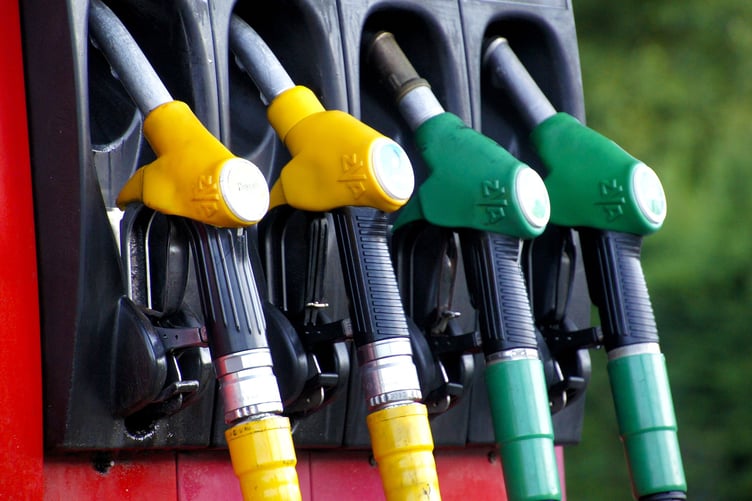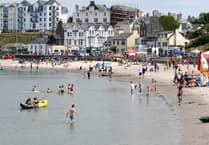When the evidence of climate change is now so obvious, why are some countries actively seeking to prolong the use of oil and gas? It’s a puzzling question that was again in the spotlight following COP28, the UN’s latest climate change summit.
We asked the renewable energy and climate change science experts at ESC (Energy & Sustainability Centre IOM) for their view.
It all boils down to money.
The world’s petroleum reserves currently stand at 1,700 billion barrels of oil and 7,000 trillion cubic feet of gas.
Consuming all of these would produce 1.1 trillion tonnes of carbon dioxide (CO2).
This is enough CO2 to raise the Earth’s average global temperature by another 0.5oC, taking us well beyond the limits of a safe climate.
The problem is that the market value of these reserves is around £200 trillion, which is why energy companies and countries who own the oil and gas are reluctant to phase them out.
The world’s nations at COP29 in November 2024 could, in theory, sort this out.
However, like COP28, it will be held in an oil-producing nation, Azerbaijan, so vested interests are likely to continue to hinder progress.
In reality, the way to ensure that fossil fuels remain in the ground is to stop buying them, causing the price to fall. Once the energy industry sees that oil and gas no longer has value, it will switch to profitable sources of power to continue to earn money.
Nowadays it’s cheaper to produce electricity from wind and solar energies, so the switch is already underway, albeit with lower profit margins for individual energy companies.
Renewables make far more sense for most nations, including the Isle of Man, because there is no fuel cost. As the switch gathers pace, businesses will either lead or follow depending on the commercial realities shaped by consumers and governments.
Both from an economic and an environmental point of view, the quicker we move away from oil and gas, the better. This is where we can all have influence by lowering the demand for these fossil fuels. Whether it’s in terms of who we vote for at election time, or the choices we make as consumers, everyone can influence change by the decisions we make.
To find out more about ESC go to www.energysustainabilitycentre.im or follow the charity on Facebook, LinkedIn and Twitter.

.jpeg?width=209&height=140&crop=209:145,smart&quality=75)



Comments
This article has no comments yet. Be the first to leave a comment.